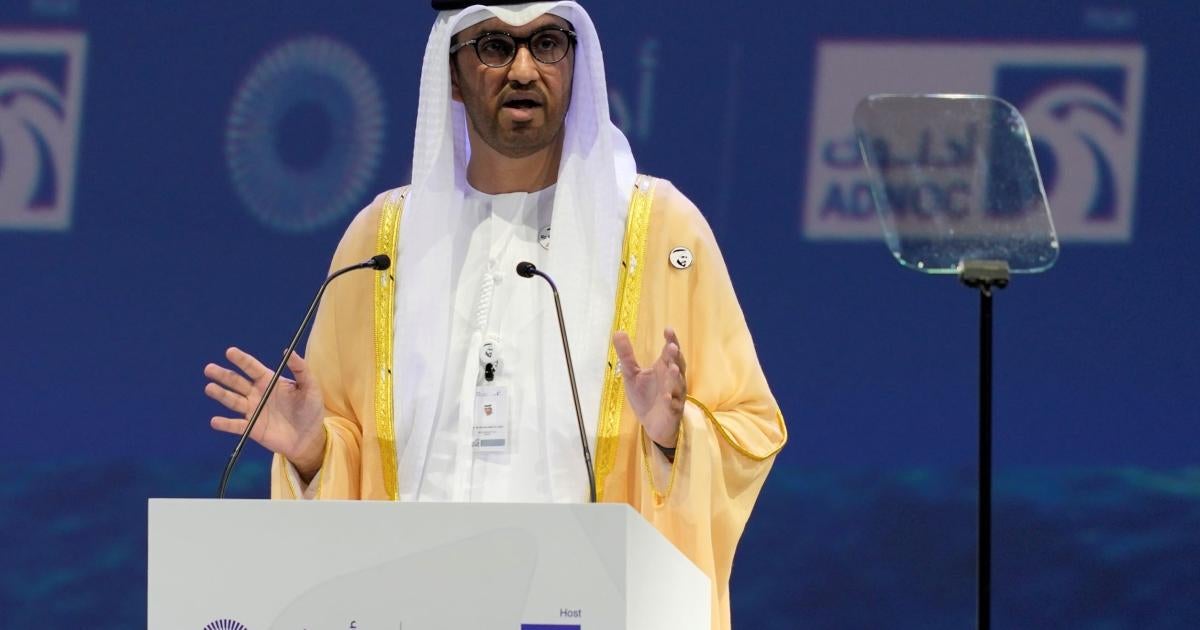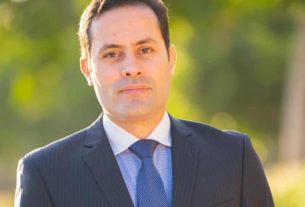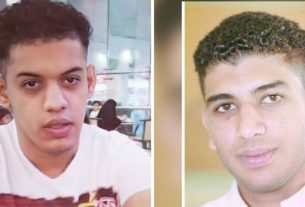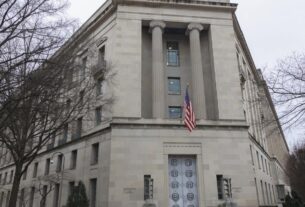(Beirut) – The recent convictions of 24 defendants in the United Arab Emirates to life imprisonment were based on a fundamentally unfair mass trial, Human Rights Watch said today. On June 26, the Criminal Chamber of the UAE’s Federal Supreme Court overturned a prior judgment to dismiss the cases against 24 defendants, instead reconvicting and sentencing the defendants to life in prison. The UAE originally announced terrorism-related charges against these individuals in 2023 under the country’s deeply flawed counterterrorism law.
The June 26 ruling brings the total number of convictions in the mass trial case to 83, up from 53. Of those convicted, 67 defendants have received life sentences. Eighty-four defendants were originally referred to trial in December 2023. One person appears to have been acquitted, but Human Rights Watch was not able to confirm their identity.
On July 10, 2024, the Abu Dhabi Federal Appeals Court convicted 53 defendants and meted out sentences ranging from 10 years to life in prison following an unfair mass trial—the UAE’s second-largest—marred by due process and fair trial violations. The court dismissed the criminal cases against 24 others, but the UAE’s attorney general subsequently appealed the 24 dismissals. Yesterday’s ruling is the outcome of that appeal.
“The UAE’s second-largest mass trial case has been justified under the guise of countering terrorism, but it’s just part of the Emirati government’s relentless efforts to prevent the re-emergence of any independent civil society in the country,” said Joey Shea, United Arab Emirates researcher at Human Rights Watch. “Life in prison for nonviolent activism shows Abu Dhabi’s utter contempt for both peaceful criticism and the rule of law.”
In December 2023, while hosting the United Nations Climate Change Conference (COP28), Emirati authorities brought charges against at least 84 defendants in retaliation for forming an independent advocacy group in 2010. Many of them were already serving prison sentences for the same or similar offenses. The unfair mass trial was marred by serious due process and fair trial violations, including restricted access to case material and information, limited legal assistance, judges directing witness testimony, violations of the principle of double jeopardy, credible allegations of serious abuse and ill-treatment, and hearings shrouded in secrecy.
In a statement released in January 2024, Emirati authorities accused the 84 defendants of establishing and managing a clandestine terrorist organization in the UAE known as the Justice and Dignity Committee. The charges appear to come from the UAE’s abusive 2014 counterterrorism law, which sets punishments of up to life in prison and even death for anyone who sets up, organizes, or runs such an organization.
Prominent activists such as Ahmed Mansoor, who is on Human Rights Watch’s Middle East and North Africa advisory board, and an academic, Nasser bin Ghaith, were on trial in the July 2024 mass trial case; both were sentenced to 15 years’ imprisonment.
Given that the charges are based solely on defendants’ peaceful practice of their human rights and that the convictions were based on a fundamentally unfair trial, Emirati authorities should immediately overturn the convictions and release all defendants, Human Rights Watch said.
In March 2025, an Emirati court rejected all appeals by the 53 human rights defenders and political dissidents convicted in July 2024, upholding their unfair convictions and abusive sentences. On March 1, the Emirates News Agency (WAM), the UAE’s official state news agency, announced that the State Security Chamber of the Federal Supreme Court would issue the appeals verdict on March 4. The March 4 session was the first and only hearing for the appeal. None of the detainees were present, and only one of the defendants’ lawyers was able to attend the session, according to the Emirates Detainees Advocacy Center (EDAC), a human rights organization supporting imprisoned human rights defenders in the UAE.
Little is known about the 53 convicted defendants’ conditions because most are denied visits and calls from family members, EDAC said. “From what we have heard, they have been moved out of solitary, but everything is unconfirmed because there is no real source of information,” one relative said. “There is no real way to get information. We think this is just a sham trial.”
At least 60 of the defendants had already been convicted in 2013 for their involvement with the Justice and Dignity Committee, EDAC said. In 2013, the grossly unfair “UAE94” trial resulted in convictions of 69 critics of the government, including 8 in absentia, on charges that violated their rights to free expression, association, and assembly. These 69 defendants were among 94 people detained beginning in March 2012 in a wave of arbitrary arrests amid an unprecedented crackdown on dissent.
“Emirati authorities should overturn these convictions and release the defendants immediately and unconditionally,” Shea said.



